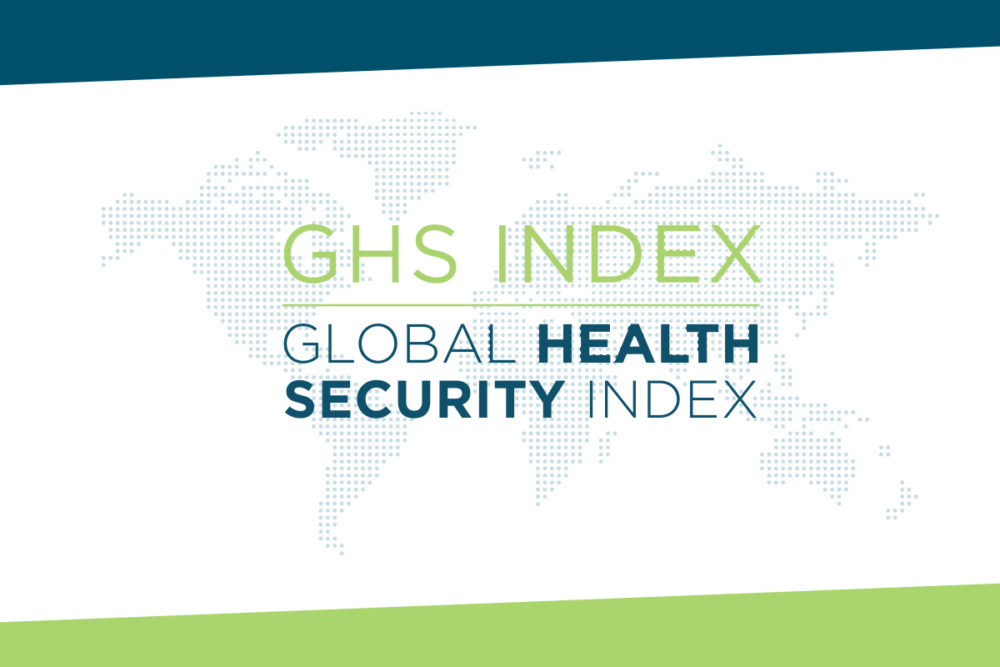Health experts from around the world have warned for years that countries, regional bodies, and global institutions must invest more in critical capacities to prevent, detect, and respond to epidemic and pandemic threats. The COVID-19 pandemic—with more than six million deaths to date and costs to the global economy estimated by the International Monetary Fund to reach at least $12.5 trillion through 2024—is the latest, and most devastating, crisis to underscore the need to shape and sustainably fund long-term pandemic preparedness capacities globally.
Building from lessons and actions taken in response to the 2014 Ebola outbreak in West Africa, the first Global Health Security (GHS) Index, released in October 2019, showed that most countries had not allocated funding from national budgets to fill identified preparedness gaps. The finding fueled a March 2020 call from health policy experts for a Global Health Security Challenge Fund to catalyze additional, sustainable financing to close country-identified capacity gaps.
On April 21, 2022, immediately after G20 finance ministers and central bank governors reached consensus to establish a new Fund for preparedness at the World Bank, a group of leading experts and stakeholders from governments, civil society, academia, and multilateral institutions working in global health, global health security, and biodefense met to review progress and offer advice on next steps. This paper, published jointly by NTI and the Pandemic Action Network, reflects the key takeaways from that conversation and aims to inform next steps to structure, approve, and launch a new Fund, including the forthcoming consultative process led by the World Bank. This paper and the recommendations within build upon commitments made by dozens of governments and organizations from around the world at the Second Global COVID-19 Summit hosted by the United States, Belize, Germany, Indonesia and Senegal on May 12, 2022.
Contributors
- Margaret A. Hamburg, Nuclear Threat Initiative
- Carolyn Reynolds, Pandemic Action Network
- Ashley Arabasadi, Management Sciences for Health
- Bruce Aylward, World Health Organization
- Priya Basu, World Bank
- Kate Dodson, United Nations Foundation
- Victor Dzau, U.S. National Academy of Sciences
- Jeremy Farrar, Wellcome Trust
- Amanda Glassman, Center for Global Development
- Angela Hinds, Caribbean Public Health Agency
- Lisa Indar, Caribbean Public Health Agency
- Rebecca Katz, Georgetown University
- Magnus Lindelow, World Bank
- J. Stephen Morrison, Center for Strategic and International Studies (CSIS)
- John Nkengasong, Africa Centers for Disease Control and Prevention
- Raj Panjabi, United States Government
- Elizabeth Radin, International Rescue Committee
- John-Arne Røttingen, Norway
- Joy St. John, Caribbean Public Health Agency
- Brad Tytel, Bill & Melinda Gates Foundation
- Stephanie Williams, Australian Government



